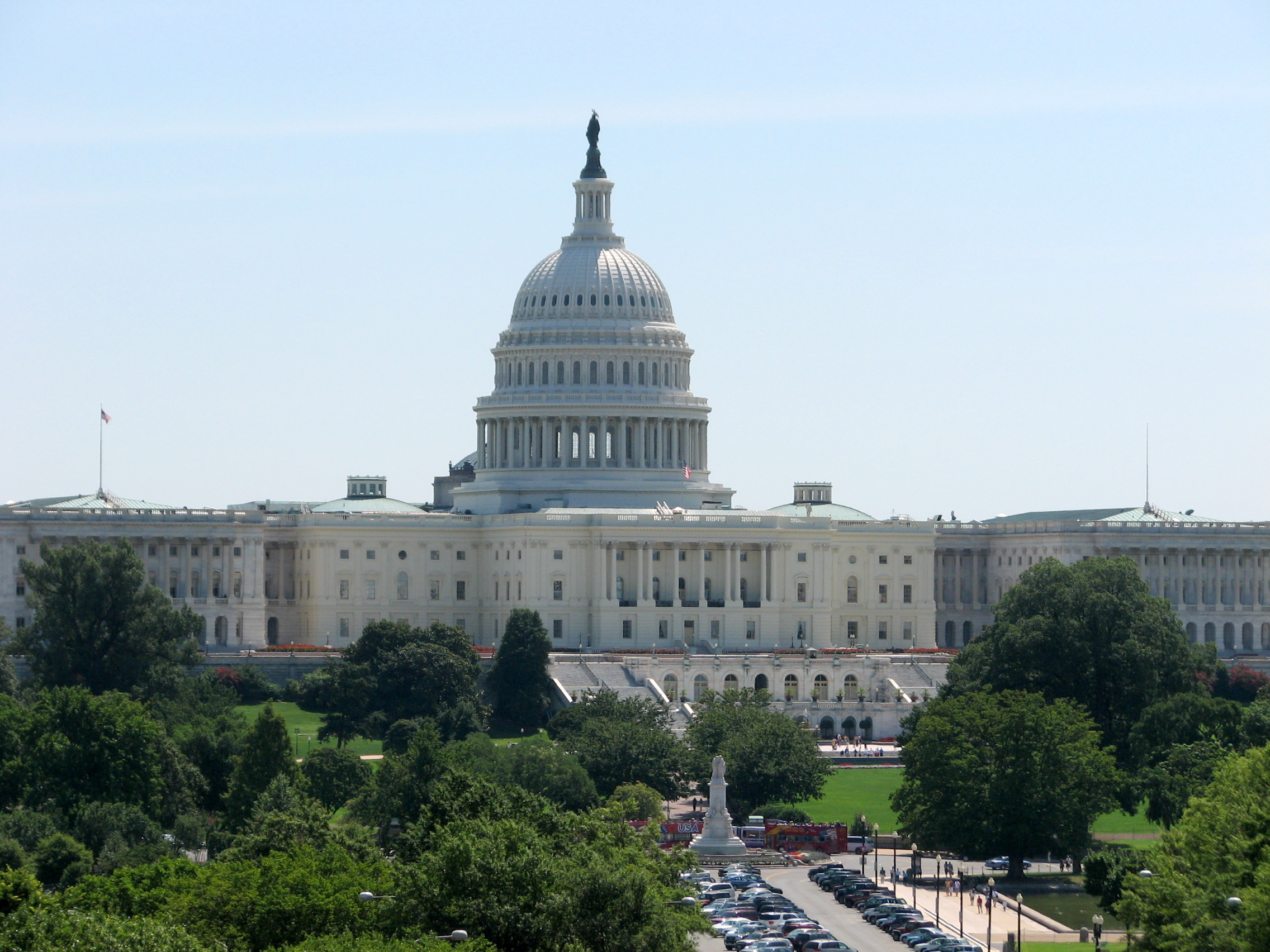Press Release:
Proposed Sale of 66 F-16 Block 70 Fighter Jets to Taiwan
(Arlington, Virginia, August 20, 2019)
The US-Taiwan Business Council (USTBC) today welcomed the announcement of a possible U.S. Foreign Military Sale of 66 F-16 Block 70 fighter jets to Taiwan for a total estimated value of US$8 billion. The Defense Security Cooperation Agency (DSCA) delivered the required certification notifying Congress of the proposed Taiwan sale on August 20, 2019.
The F-16 Block 70 is the most advanced variant of the F-16 Fighting Falcon multirole fighter. The F-16 Block 70 allows for improved interoperability, and integrates advanced capabilities including an Active Electronically Scanned Array (AESA) radar, a state of the art electronic warfare suite, and upgraded avionics.
Today’s Congressional Notification (transmittal number 19-50) included the 66 F-16 aircraft, 75 F110 General Electric Engines, 75 Link-16 Systems, 75 Improved Programmable Display Generators (iPDG), 75 APG-83 Active Electronically Scanned Array (AESA) Radars, 75 Modular Mission Computers 7000AH, 75 LN-260 Embedded GPS/INS, and 75 M61 Vulcan 20mm Guns. At a quantity of 75, each item comes with 9 spares.
The notification also included 138 LAU-129 Multipurpose Launchers, 18 of various FMU Fuze systems for Guided Bombs, 6 MK-82 Filled Inert Bombs for Guided Bombs, 3 KMU-572 Joint Direct Attack Munition (JDAM) Tail Kits, GBU-38/54, along with numerous other related equipment and logistics, program, and sustainment support.
This proposed arms sale will allow Taiwan to field a modern and capable fleet of fighter aircraft in sufficient numbers to meet the evolving military threat from China. Taiwan’s Air Force has indicated that it will increase the number of tactical fighter wings from seven to eight after receiving the new aircraft.
USTBC has spent more than a decade advocating for the United States to sell additional F-16s to Taiwan, publishing several reports on Taiwan’s need for new-build fighter jets. The 66 new F-16 Block 70s will help close the looming fighter gap by addressing both quantitative and qualitative challenges faced by the Taiwan Air Force, and the sale will significantly improve Taiwan’s air defenses.
Council President Rupert Hammond-Chambers commented that “the sale of F-16 Block 70 fighters is the most important arms sale to Taiwan since the 2001 commitments by the Bush Administration. The modernization of the fleet by these new planes has several significant benefits. 1) The consolidation of the Taiwan fighter force around a single platform, given Taiwan’s ongoing upgrade of its legacy F-16 fleet to the same variant. 2) The consummate reduction in operating and maintenance costs realized by simplifying the fighter fleet. 3) The reduction in the mean age of the fleet, which should raise the operational and availability rates for the overall Taiwan fighter force. 4) A platform that will significantly improve interoperability amongst Taiwan forces. 5) A bridge to potential future purchases of fifth-generation fighters like the F-35.”
Hammond-Chambers went on to say, “The policy significance of this sale should not be overlooked. For 20+ years the People’s Republic of China (PRC) has had an over-weighted role in U.S. deliberations around arms sales to Taiwan. That included the Bush Administration in 2006, when Taiwan’s original request for new F-16s was rejected over fears of the PRC’s response. Since then, the PRC has effectively limited – through threats and coercion – what the U.S. would consider for sale to Taiwan and the timeline for such sales. This approach immeasurably damaged Taiwan’s security, and negatively impacted the interests of the U.S. in Asia. The rejection of PRC coercion – along with rejecting its stated “red lines” over certain capabilities such as new F-16s – fully restores American security interests related to Taiwan arms sales, and removes PRC considerations from the ongoing development of American and Taiwan joint security interests.”



